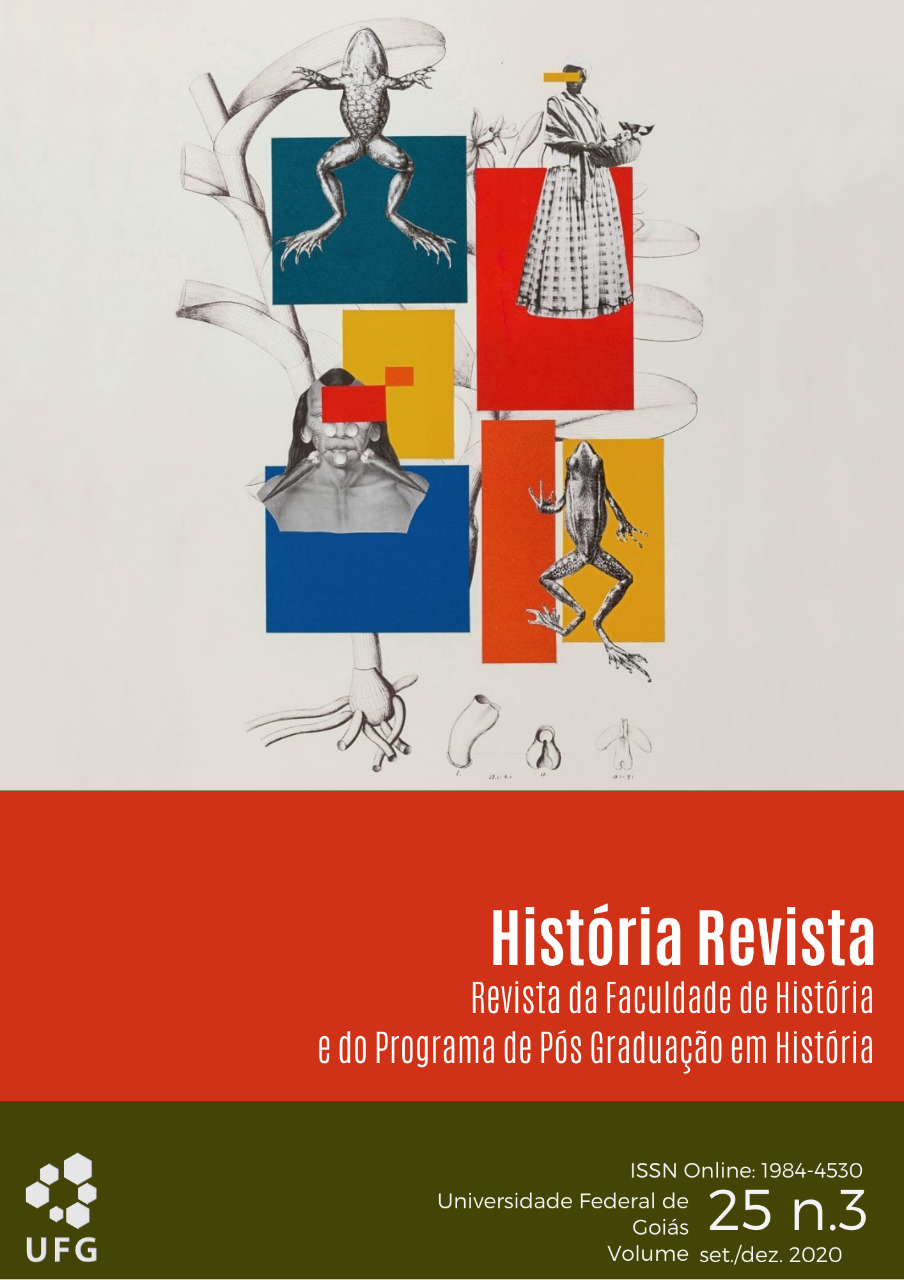The civilizing mission as a factor in building colonial otherness in Mozambique
DOI:
https://doi.org/10.5216/hr.v25i3.66116Abstract
This article seeks to analyze how the discourse of the civilizing mission contributed to the construction of colonial otherness in Mozambique. The colonial period that lasted about 500 years in Mozambique, consequently, left profound marks within the population, the most relevant being the civilizing mission that was the guarantee of the success of colonization, since from this mission the Portuguese, like other Europeans, gained the right to civilize the peoples considered backward, thus not respecting the history of those peoples. Therefore, from this mission arises the otherness and the difference between ‘civilized’ (colonizer) and ‘wild / indigenous’ (colonized). It is in this context that, in the first part of this article, the issue of the civilizing mission implemented by the colonial administration is mentioned as a key factor in building alterity and colonial difference. In this sense, for the realization of this article, a bibliographical and documentary analysis was taken into consideration, seeking to analyze the topic from the materials and documents existing in Archives, focusing mainly on the documentation that gave the research more impetus and clarity.
Keyword: Colonialism, alterity, civilizing mission, assimilated
Downloads
Downloads
Published
How to Cite
Issue
Section
License
Declaração de Direito Autoral
Concedo à História Revista o direito de primeira publicação da versão revisada do meu artigo, licenciado sob a Licença Creative Commons Attribution, que permite o compartilhamento do trabalho com reconhecimento da autoria e publicação inicial nesta revista.
Afirmo ainda que meu artigo não está sendo submetido a outra publicação e não foi publicado na íntegra em outro periódico, assumindo total responsabilidade por sua originalidade, podendo incidir sobre mim eventuais encargos decorrentes de reivindicação, por parte de terceiros, em relação à autoria do mesmo.



